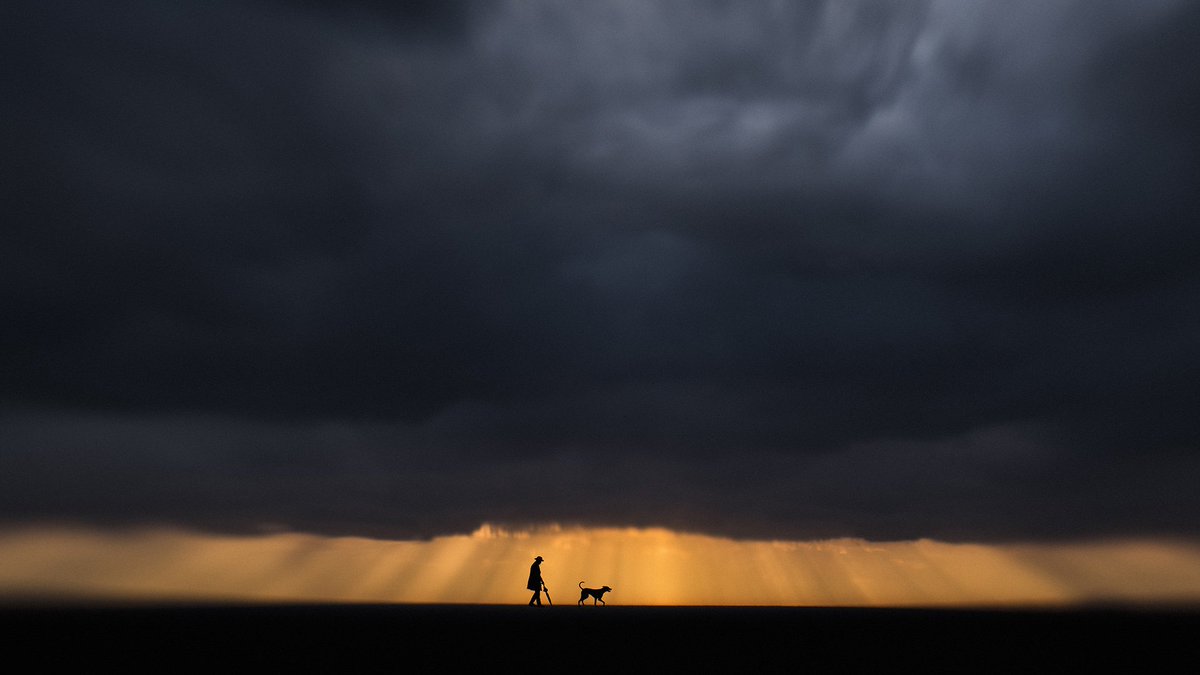I can’t help thinking, now and then,
as one more Zoomchat ends
with the talking head in front of me eclipsed
by the cloud that fills my screen,
how our forbears would have marveled
at what we do now.
Once upon a time,
when people wished to communicate
across a distance,
they had to shout.
Then came smoke signals, mail, Morse code,
and of course the telephone, wrought by God
with a little help from Alexander Bell.
In Boston, Massachusetts,
in the sweltering August of 1924,
my father worked from dawn till well past dark each day
to launch his practice as a doctor specializing
in obstetrics and gynecology.
Once a week, round noon on Sunday, a working day for him,
he’d rush back home to place a call
to his fiancé, who then worked as a counselor
many miles away
at a girl’s camp in Vermont.
(She would live to nearly 102 after bearing nine kids,
with me the last.)
The camp had just one phone,
and after he placed the call with an operator,
he had to wait what seemed forever
until the camp was reached,
and even then till his Kathleen was summoned to the phone.
More than once he never heard her precious voice
because the operator failed to reach the camp
or when she did, the owner of the precious voice
could not be found.
I know all this because of letters they exchanged
that summer, in one of which my father swore
to kill the feckless operator
because his heart, he wrote,
“just ached with disappointment and rage.”
We don’t write letters anymore.
We keep in touch by Zoom,
by which I mean, of course,
we keep in sound and sight,
touch free.
……….
James Heffernan (www.jamesheff.com) is an academic writer, lecturer, and occasional poet who is nearing completion of a book on politics and literature at the dawn of World War II.
